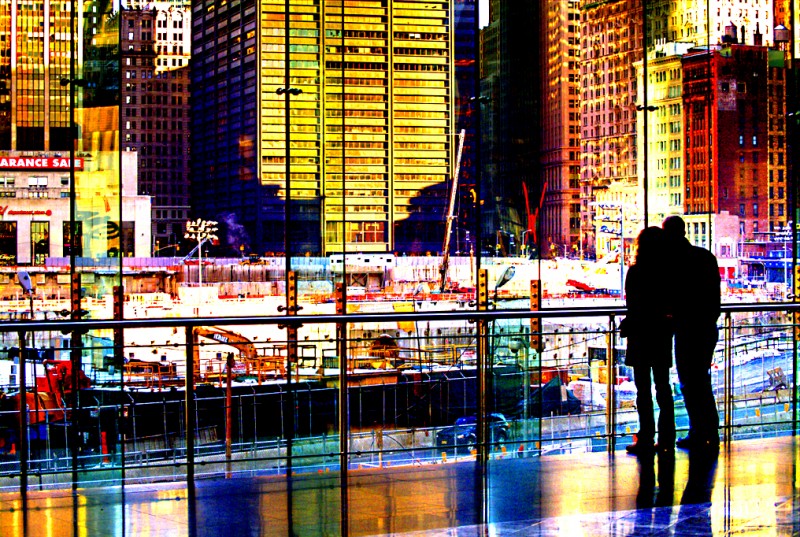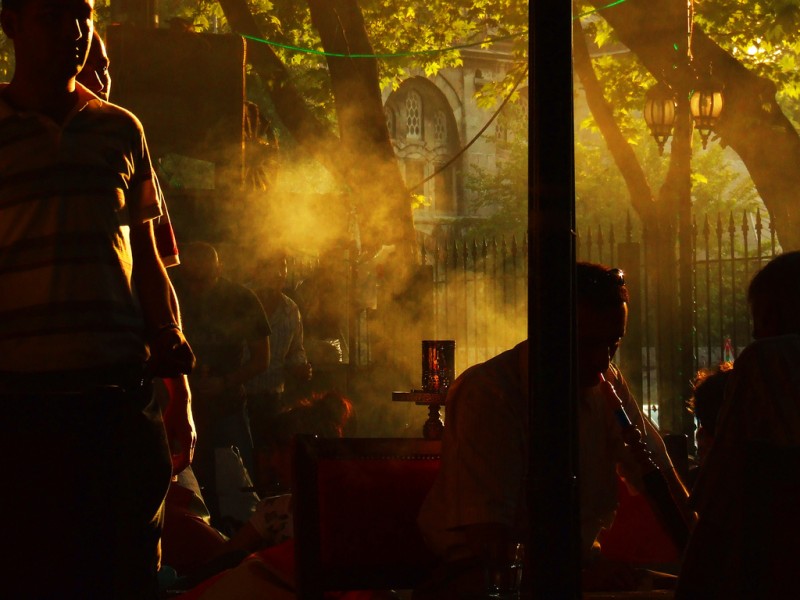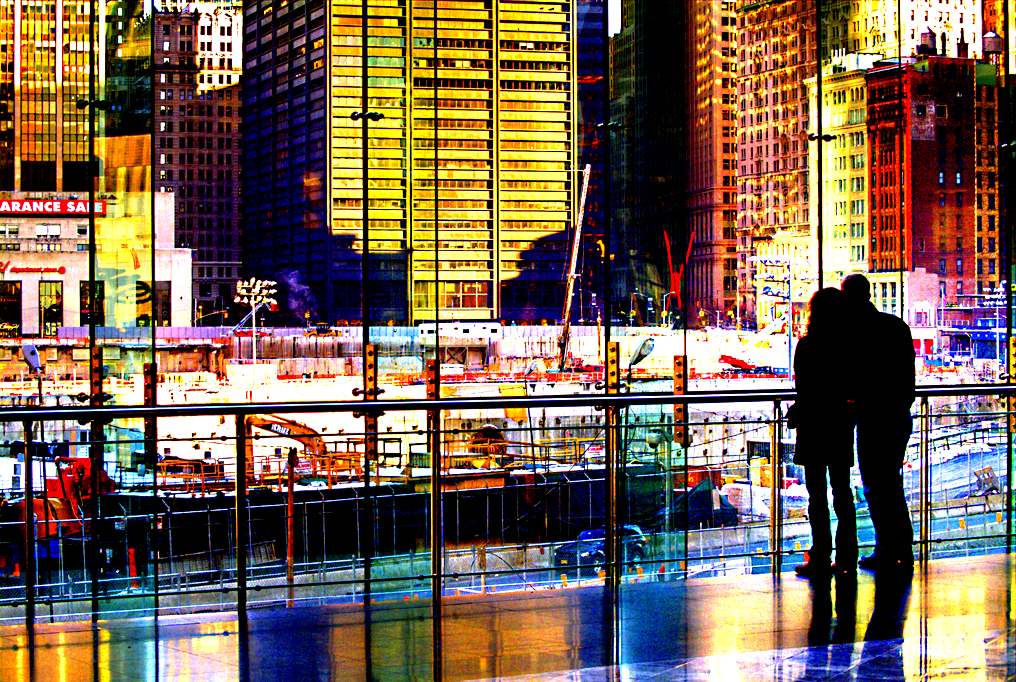I remember waking up one morning in a tent, disoriented. I quickly tried to determine why, in place of my nightstand with a pile of books, I had a camping torch and a woolly hat that fell off my head at some point during the night?
Vagabondish is reader-supported. When you buy through links on our site, we may earn a small affiliate commission. Read our disclosure.
I soon realized I wasn’t at home in my apartment. It can be a bit overwhelming: waking up in a different place every morning, trying to remember what you ate for lunch yesterday, understanding what you saw and what you did.
I realized that I’d been gadding about from point A to point B, not taking the time to absorb the sights and sounds, and truly appreciate where I was. That’s why it’s important to put your travels into perspective – or, more specifically, make your travel relevant.

Lose the City Lights, Colorado © Zach Dischner
You spend a lot of money to get to all the places you go, and a lot of time planning to make sure it’s a dream trip. So it’s important to make sure that all that new stuff filters down into your soul and truly becomes a part of you.
Sure, only you know what makes you tick. But here are a few “frames” I’ve found to help slow things down to get that much-needed traveler’s perspective …
Reading Frames
Many people, when they travel, like to read books about that country, the people, and the history. I like to read about something set very far away, in a different time.
So when I’m holidaying on an island in Langkawi, wearing a bikini and eating rice doused in Penang curry, my Kindle is brimming with Austen-style, small English countryside tales, or stories of Southern belles from America. The contrast this provides helps me to assimilate what I’m experiencing, and offers a small thrill to realize where I am when I come up for air.
Watching movies does the same for many people. Of course, learning about the history of a place is invaluable but I prefer to get that from a museum or from locals themselves.

Together in Manhattan © David Robert Bliwas
Family Frames
Make time for the familiar in the midst of all the unfamiliar. It’s the only thing that roots you and reminds you of who you are, away from the sunscreen and beach slippers or hiking boots and camping gear.
You fall back into a pattern or place when you interact with family and friends: the indulged younger sibling, the responsible friend, the friend whom a secret is safe with; and this pattern is familiar. Reminding yourself of it helps you look at what awesomeness you’re experiencing on your travel and seeing it anew again.
Food Frames
Perusing the menu at a local restaurant is one of the best, most interesting ways to understand a culture. It’s exciting because you find your mind linking clues together, from what you read to what you see to what you know about a country.
For example, in America – the country of plenty – a fresh salad costs more than a fast-food chain burger; whereas in Thailand, a plate of stir-fried vegetables is about three times cheaper than a burger on the same menu. Is it the convenience that an American eater prefers, or do Thai people need to eat fresher and lighter food because of the tropical temperatures they’re exposed to? I’ve seen more Americans looking to buy local and organic food at the supermarket, while in Thailand, you don’t see those labels and nobody seems to be missing them. What drives that difference?

Breathing Istanbul © Robin Robokow
Map Frames
We’re lucky travellers, all of us in this century. We can hop on a plane, plug in our headphones and watch our favorite TV shows until we land in a matter of hours. It’s not like when people travelled for weeks on ships, braving precarious weather and boredom to get to a new country.
But it also means that we don’t always see ourselves as the tiny dots that we are, moving across hundreds of miles of land and ocean to get to our next stop. Spend a little time gazing at a map and tracking where you’ve come from and where you’re going. It really does make you wonder!
Travel Frames
There was a time when I loved the few hours in a plane, caught between two worlds, suspended far from my own reality, and able to stare out the window, lost in my own thoughts. On a recent flight, I settled in, clicking my seatbelt into place and reaching for the screen in front of me to see what movies were on. But I caught myself at the last minute, looked out at the ocean below, going through my favorite daydreams and spending a minute clearing out the cobwebs in my head. It was refreshing and helped me appreciate the experience of travel.
Sitting at an airport waiting for a delayed flight doesn’t have to be a nuisance or an excuse to dive into your smartphone. It’s a people-watching delight and a reason to dream about your destination and a chance to think about all that you’re waiting to leave behind. (Of course, free Wi-Fi is not to be sneered at either!)
People Frames
Looking at a country through a tourist’s eyes is very different from looking at it through the eyes of those who live there.
I visited Hungary a couple of years ago, and fell instantly and deeply in love with Budapest. I’ve never seen a city do grungy-cool like Pest and old-school-majesty like Buda. Every day was a hard choice between which side of the Danube I wanted to hang out at. But it was when we spent many alcohol-soaked hours with some new-found Hungarian friends that we learned of the politics behind the city, the job worries, the social framework and the coolest underground bars. And that is what made my trip there so special. It gives you more to talk about than the pictures you’ve taken.
And those are some of the ways I like to analyse my travels. I’d love to hear yours. Do you use different frames of perspective? Do you have a quirky way of putting a meaning to all that you see? Share with us in the comments below!


